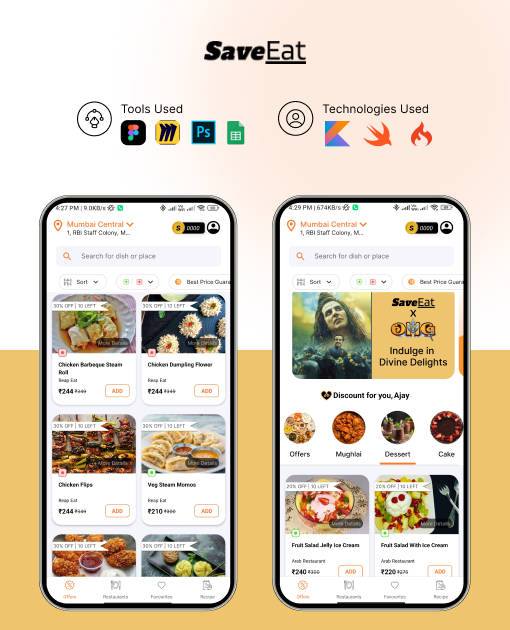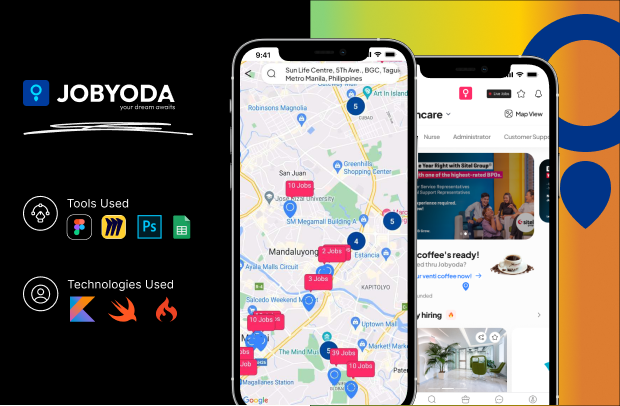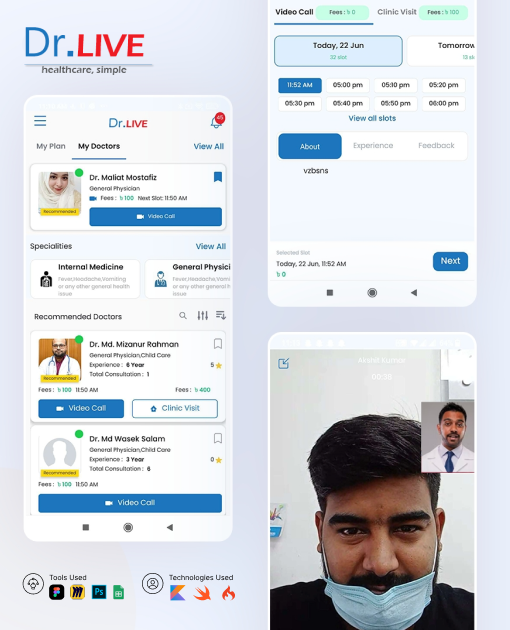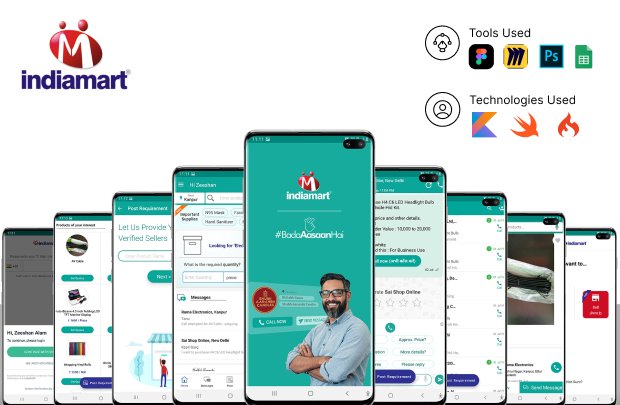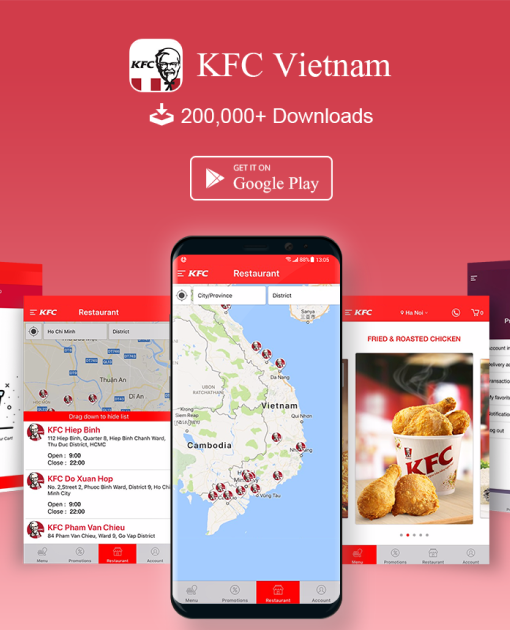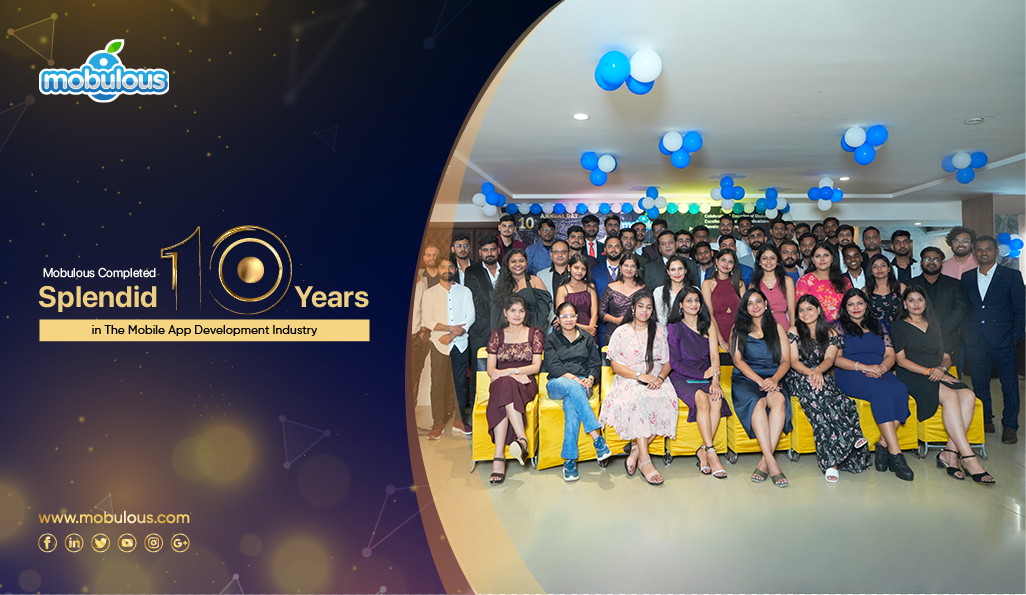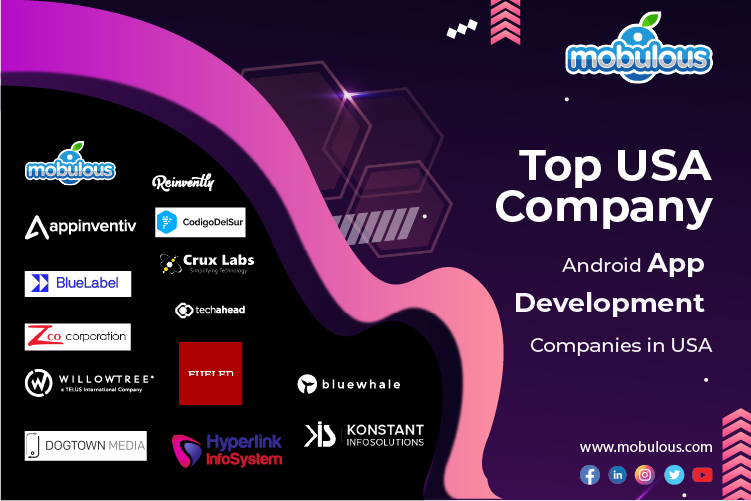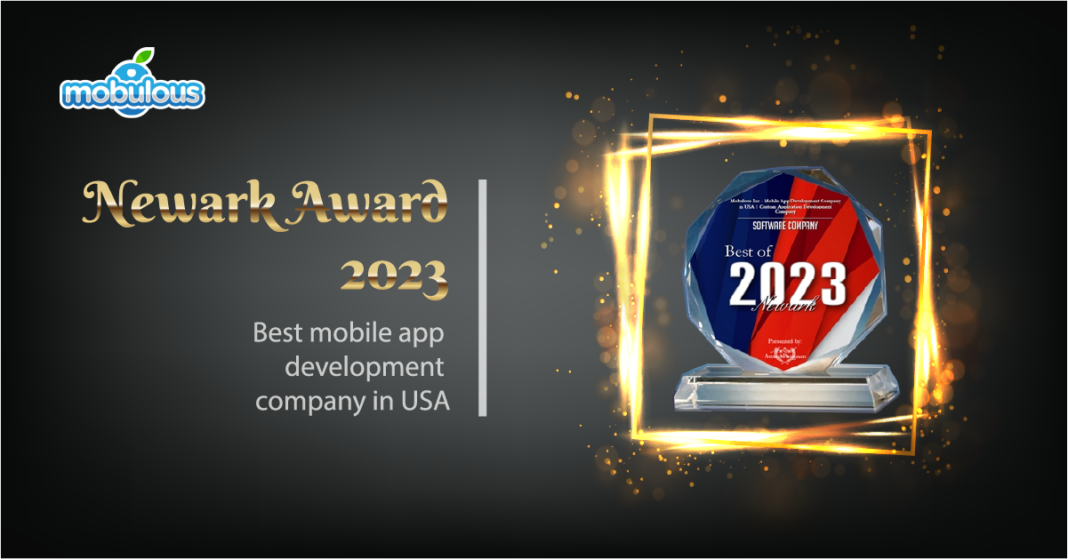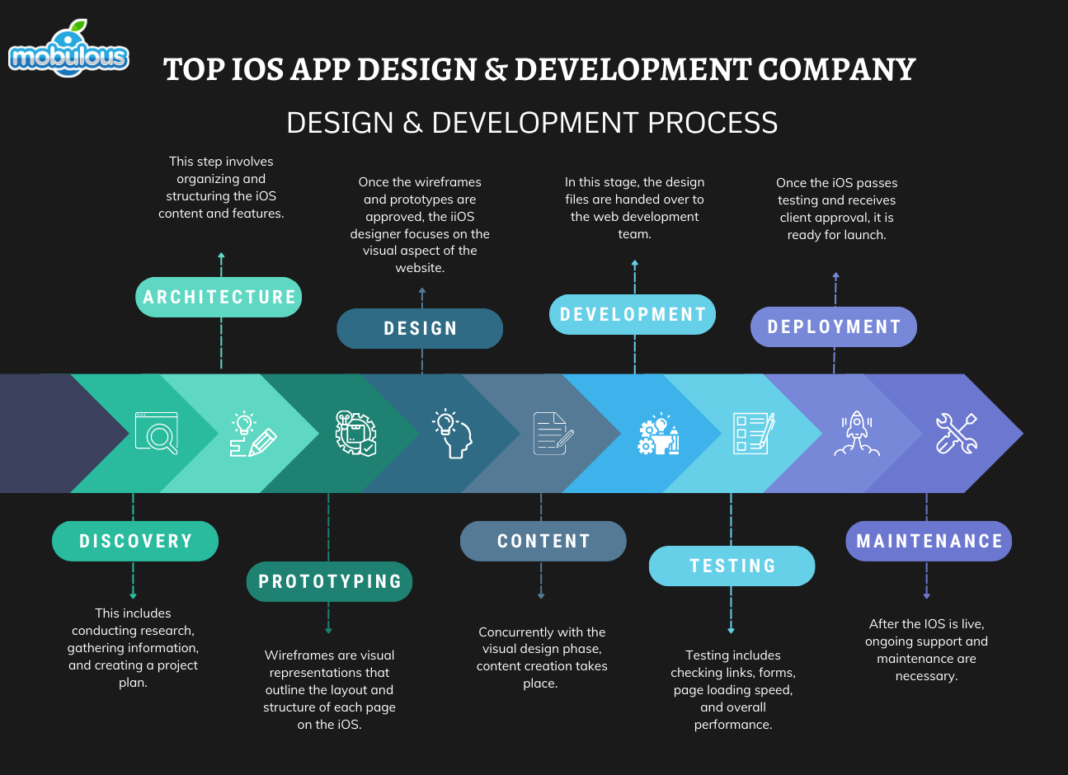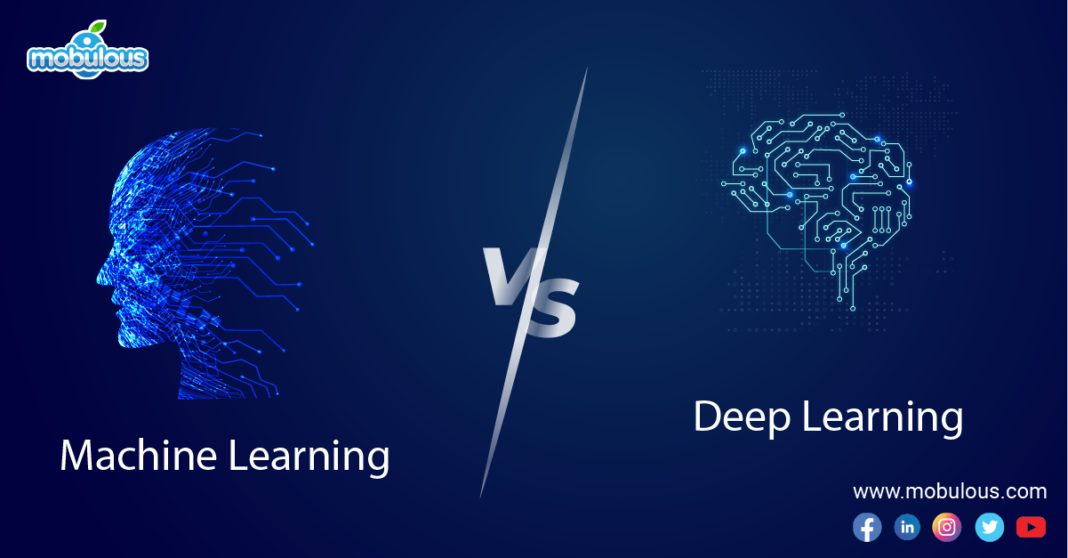What is Agile Software Development?
Agile software development is an interactive approach and a methodology that is used for software development, emphasizing collaboration, flexibility, and quick delivery. It breaks projects into small and
manageable chunks known as sprints or iterations that enable developers for frequent reassessment and adaptation.
Agile methodology prioritizes client satisfaction through early and continuous delivery of useful software, promotes close and daily cooperation between software developers and business stakeholders, and
welcomes ever-changing necessities even late in development.
This process values working software over individuals, extensive documentation, and interactions over procedures and tools, and responding to change over following a rigorous and stringent plan.
How Does Agile Software Development Differ From Traditional Development Methodologies?
Agile software development varies significantly from traditional methodologies like Waterfall in multiple key prospects. While conventional methods follow a linear and sequential approach with different
phases, such as planning, UI/UX design, implementation, development, testing, and maintenance, Agile embraces an iterative and incremental model.
Agile methodology prioritizes flexibility and adaptability that enables changes throughout the Agile software development procedure, on the other hand, conventional methods resist changes once a phase is
completed.
An agile approach to software development usually emphasizes continuous collaboration with stakeholders and frequent delivery of working software, usually in 2 to 4-week sprints. In contrast, traditional and
conventional methods generally involve longer software development lifecycles with less frequent deliveries.
In addition to this, it also prioritizes individuals and interactions over processes and tools that promote self-organizing and cross-functional teams. This varies particularly from the more rigorous and
specialized roles in the traditional methodologies.
Furthermore, Agile development methodology concentrates on delivering client value early and more often, adapting to the ever-changing necessities, and maintaining a sustainable software development pace.
However, traditional methods usually struggle with the changing necessities and might result in longer time-to-market the software.
Key Principles and Values of Agile
Agile software development is guided by a set of basic principles and values focusing on collaboration, flexibility, and satisfaction for the customer. These values reside in the Agile manifesto that the
Agile methodologies base their core on. The five core principles and values of Agile are as follows:
-
Customer Collaboration: Focus on continuous interaction with clients and stakeholders in the Agile software development process to ensure that the outcome meets the emerging needs and
delivers actual value to end-users.
-
Responding to Change: Accept the change, although it is very late in the Agile software development process. This flexible approach enables developers to adapt quickly to the latest
necessities and requirements or market conditions in order to ensure that the final product remains the same.
-
Working Software: Structure the project into small and manageable iterations for quick reevaluation, the capability of delivering early, adaptability, and typically in the course of the
project lifecycle.
-
Individuals and Interactions: Value people and communication over processes and tools by fostering a collaborative environment where team members are able to work effectively and solve
problems efficiently together.
-
Iterative and Incremental Development: Break the project into small and manageable iterations that enable quick reassessment, ability to deliver value early, adaptation, and usually
throughout the lifecycle of the project.
How Do Agile Frameworks Like Scrum and Kanban Work?
Of the Agile frameworks, Scrum and Kanban are the two most commonly applied ones, organizing the process for software development. Scrum is divided into iterations called sprints that always have a set
length; thus, typically 2 to 4 weeks in length. Its roles include the Product Owner and the Scrum Master, and its events include sprint planning, daily stand-ups, and retrospectives.
It focuses on visualization of work, optimization of flow, and limiting work in progress. It uses a Kanban board to monitor the progression of tasks during different stages of software development.
Both frameworks emphasize transparency, consistent improvement, and delivering value incrementally. While Scrum is more structured with defined roles and ceremonies, Kanban offers more scalability and
flexibility in workflow management.
Tools and Practices Used in Agile Software Development
Agile software development leverages a number of tools and practices for better transparency, collaboration, and efficiency within the Agile software development process. These tools promote the core
principles of Agile methodologies, ensuring that software development teams can rapidly develop great software. The most significant tools and practices applied in Agile software development are as follows:
-
User Stories: Use concise and user-centric descriptions of software features that help prioritize development tasks and ensure that the team concentrates on delivering value to the
end-user.
-
Burndown Charts: Utilize these visual tools to track progress during sprints that show the amount of work completed versus time, helping teams monitor their pace and adjust accordingly.
-
Continuous Integration (CI): Implement automated build and test processes. CI helps detect integration issues early, ensuring that the codebase remains stable and reducing integration
problems.
-
Agile Project Management Software: Leverage tools like JIRA or Trello in order to manage tasks, track progress, and facilitate collaboration, providing visibility into project status
and help manage workflows.
-
Daily Stand-up Meetings: Conduct brief and daily team meetings in order to discuss progress, plans, and obstacles that enrich communication and allow for quick problem-solving and
alignment.
-
Test-Driven Development (TDD): Write tests before implementing features, ensuring code quality, facilitating refactoring, and maintaining a clear focus on requirements throughout
development.
-
Pair Programming: Sometimes you need to have two developers work together at one workstation as it promotes knowledge sharing, improves code quality, and helps catch errors early in
the development process.
Benefits of Agile Software Development
Agile software development offers multiple advantages over conventional methodologies that make it a preferred choice for numerous businesses and organizations. These benefits align with Agile’s core
principles of collaboration, client focus, and flexibility. The six key benefits of Agile software development are mentioned below comprehensively:
1. Improved Product Quality
Agile's iterative approach permits continuous testing and refinement throughout the development process. Regular reviews and retrospectives enable teams to identify and address issues early, resulting in
higher-quality software that better meets user needs and expectations.
2. Enhanced Customer Satisfaction
By involving clients throughout the Agile software development process and delivering working software frequently, Agile ensures that the final product aligns closely with customer expectations. This
ongoing collaboration and frequent feedback loops lead to products that truly satisfy user needs.
3. Increased Flexibility and Adaptability
Agile methodologies embrace change, allowing teams to quickly adapt to shifting requirements or market conditions. This flexibility ensures that the final product remains relevant and valuable, even in
dynamic business environments.
4. Faster Time-to-Market
By breaking projects into smaller and more manageable chunks and focusing on delivering working software regularly, Agile enables faster product releases. This ability to deliver value quickly can provide
significant competitive advantages in fast-paced markets.
5. Better Project Visibility and Control
Agile's emphasis on transparency and regular progress tracking provides stakeholders with clear visibility into project status. Daily stand-ups, sprint reviews, and burndown charts offer real-time
insights, enabling better decision-making and project control.
6. Improved Team Morale and Productivity
Agile facilitates a collaborative and self-organizing team environment that empowers the Agile software development team, encourages creativity, and often leads to higher job satisfaction. The focus on
sustainable pace also helps prevent burnout, resulting in increased long-term productivity.
How Agile Development is a Great Process and Brings the Best Results?
Agile development stands out by prioritizing client satisfaction, flexibility, and collaboration. Its iterative methodology enables quick reassessment and adaptation, ensuring the final product aligns
with the emerging requirements.
By delivering working software early and often, Agile allows quick feedback and course corrections that boost close teamwork, fostering effective problem-solving and innovation.
The concentration on continuous improvement propels top-quality outcomes, while its adaptability helps manage and handle risks efficiently.
Ultimately, Agile’s customer-focused and iterative nature leads to products that truly satisfy user needs and requirements in order to deliver business value.
Speed and Scalability with Agile Development
Agile development improves speed and scalability by breaking projects into manageable iterations, facilitating quick delivery of working software. This strategy permits teams to quickly acclimate to
varying essentials and market conditions.
Agile's emphasis on continuous integration and automated testing encourages more rapid development cycles and seamless scaling of projects. The methodology's assertiveness on self-organizing teams and
clear communication channels sustains effective collaboration, even as projects grow in size and complexity.
By prioritizing fundamental features and permitting systematic reprioritization, Agile ensures that Agile software development efforts remain aligned with business goals and objectives, regardless of
project scale.
Benefits of Continuous Integration and Continuous Delivery (CI/CD)
Continuous Integration and Continuous Delivery (CI/CD) are essential practices in modern software development, particularly within Agile frameworks. These practices automate the building, testing, and
deployment of code changes, offering several significant benefits. Here are five key advantages:
1. Faster Time-to-Market
CI/CD automates the software release process that enables software developers to deploy the latest features and fixes quickly. This speed allows startups and businesses to react quickly to market
directives and user feedback, gaining a competitive edge.
2. Improved Code Quality
By incorporating code changes repeatedly and running automated tests, CI/CD allows developers to identify and fix bugs early in the Agile software development cycle which leads to higher overall code
quality and reduced debugging time.
3. Increased Developer Productivity
Automation of building, testing, and software deployment tasks frees Agile software developers from manual and repetitive work that allows them to concentrate more on compiling code and decoding intricate
problems, enriching overall productivity.
4. Enhanced Collaboration and Communication
CI/CD practices stimulate frequent code commits and provide direct feedback, facilitating better collaboration among Agile software development team members. This transparency permits the alignment of
development efforts and enriches team communication.
5. Reduced Deployment Risks
With automated testing and incremental transformations, CI/CD significantly lowers the perils associated with deployments. It authorizes seamless rollbacks if problems arise, making the release process
more reliable and less stressful.
How Can Agile Software Development Help Reduce Project Risks And Improve Product Quality?
Agile Software Development integrates miscellaneous practices and principles that efficiently mitigate project risks and improve product quality.
By concentrating on iterative software development, continuous feedback, and adaptability, Agile procedures manage standard challenges in software development.
Here are five key ways Agile helps in reducing project risks and enhancing product quality seamlessly:
1. Early and Continuous Testing
Agile emphasizes testing throughout the development process, not just at the end which helps identify and resolve bugs and issues early, relieving the cost and effort of rectifying problems later in the
Agile software development cycle.
2. Regular Stakeholder Involvement
By involving stakeholders and end-users throughout the development process, Agile ensures that the product aligns with user needs and expectations. This continuous feedback loop helps prevent the risk of
developing features that don't add value.
3. Iterative Development and Frequent Releases
Breaking the project into small and manageable iterations authorizes frequent and periodic reassessment and course correction that reduces the risk and peril of large-scale project failures and ensures
that the product evolves in the right direction.
4. Prioritization of Features
Agile methodologies concentrate on delivering the most valuable features first. This approach ensures that even if project constraints arise, the core functionality that provides the most business value
is already achieved and conducted.
5. Transparent Communication and Progress Tracking
Agile practices like daily stand-ups and sprint reviews facilitate clear communication within the Agile software development team and with stakeholders. This transparency allows determining and handling
menaces early, keeping the project on track.
Challenges and Overcomes of Using Agile Software Development
While Agile methodology offers multiple benefits, it also presents various challenges. Nevertheless, with proper understanding and implementation, developers can overcome these challenges effectively. The
five most common challenges and their overcomes are mentioned below comprehensively:
1. Resistance to Change
- Challenge: Several startups and businesses struggle with transitioning from conventional approaches to Agile methodology.
-
Overcome: Provide comprehensive training, foster a culture that embraces change, and demonstrate early wins. Additionally, gradual implementation and strong leadership support can
ease the transition.
2. Lack of Documentation
- Challenge: Agile’s focus on working software over comprehensive documentation can lead to insufficient project records.
-
Overcome: Address and handle this by maintaining lean and crucial documentation and leveraging tools that automatically generate documentation from code. In addition to this,
emphasize the importance of knowledge sharing within the Agile software development team.
3. Scope Creep
- Challenge: The flexibility of Agile can sometimes lead to uncontrolled expansion of project scope.
-
Overcome: Mitigate this by clearly defining and prioritizing requirements, educating stakeholders, and setting strict sprint goals about the impact of mid-project changes on resources
and timelines.
4. Difficulty in Estimating Time and Cost
- Challenge: Agile’s iterative nature can make it challenging in order to provide accurate long-term estimates.
-
Overcome: By using techniques like velocity tracking and story points, and by providing a range of estimates rather than fixed figures. Regular re-estimation based on actual progress
helps improve accuracy.
5. Maintaining Team Cohesion
- Challenge: Agile requires strong team collaboration, which can be challenging, specifically in distributed teams.
-
Overcome: Foster cohesion through regular video meetings, collaborative tools, and cohesion through regular video meetings. Furthermore, emphasize clear and transparent communication
channels and establish shared team norms and values.
Is Outsourcing an Agile Software Development Company a Good Idea?
Outsourcing to an Agile software development company can be a good idea for multiple businesses that provide access to specialized expertise that allows for scalability, and can be cost-efficient.
However, the success of Agile software development is based on selecting the right Agile software development company with proven Agile experience, cultural alignment, and strong communication skills.
It is crucial to establish clear expectations, ensure the outsourced team integrates well, maintain regular communication, and ensure the outsourced Agile software development company integrates perfectly
with your internal processes.
Why to Partner With An Agile Software Development Company?
Partnering with an Agile software development company can bring significant advantages to your projects. These companies specialize in implementing Agile methodologies efficiently, offering expertise that
can improve your development process. Here are the best five reasons in order to consider such a partnership:
1. Expertise and Experience
An Agile Software Development company brings deep knowledge of Agile methodologies and best practices. Their experienced teams can guide you through Agile implementation, helping avoid common pitfalls and
optimizing your development process for maximum efficiency and effectiveness.
2. Flexibility and Scalability
The advanced Agile software development company is specifically designed to adapt quickly to changing requirements and project scales. They can rapidly adjust team sizes and skill sets as your project
needs evolve, ensuring you always have the right resources at the right time.
3. Access to Specialized Skills
The robust Agile Software Development company often has a diverse pool of talent. This gives you access to specialized skills that might be difficult or expensive to maintain in-house, from UX designers
to DevOps experts.
4. Focus on Core Business
By outsourcing your Agile software development company, you are able to focus more on your core business activities. This partnership enables you to leverage expert Agile software development services
while concentrating on your strategic business objectives.
5. Cost-Effectiveness
Partnering with an Agile Software Development company can be more cost-effective than maintaining a full in-house team. It eliminates costs associated with recruitment, training, and maintaining a large
permanent staff, while still providing high-quality development services.
Steps to Partner With The Right Agile Software Development Company
Selecting a genuine and scalable Agile software development company is essential for the success of your project. Here is a systematic approach that will help you find and partner with the best fit for
your necessities and requirements:
1. Define Your Project Requirements
Clearly outline your project goals, scope, budget, and timeline. Understanding your needs helps you communicate effectively with a potential Agile software development company and ensures its experts can
meet your specific requirements.
2. Research Potential Partners
Look for an Agile software development company with expertise in your industry and required technologies. Check their portfolios, case studies, and client testimonials. Consider factors like company size,
location, and cultural fit.
3. Evaluate Their Agile Expertise
Assess the understanding and experience of the Agile software development company with Agile methodologies. Look for certifications, ask about their Agile practices, and inquire about their experience in
managing distributed Agile teams if relevant.
4. Review Their Technical Skills
Ensure the Agile software development company has proficiency in the technologies required for your project. Make sure to ask about their software development technology stack, quality assurance
processes, and how they stay updated with emerging technologies.
5. Assess Communication and Cultural Fit
Effective communication is crucial in Agile development. Evaluate the communication style, English proficiency (if outsourcing overseas), and cultural compatibility of the shortlisted Agile software
development company. Consider time zone differences and their impact on collaboration.
6. Check References and Past Work
Contact the previous clients of the Agile software development company in order to gain insights into their work quality, reliability, and ability to meet deadlines. Review their completed projects that
are similar to yours.
7. Start with a Small Project
Before committing to a large-scale engagement, consider starting with a small pilot project. This allows you to assess the capabilities, work style, and cultural fit of the Agile software development
company in a low-risk manner.
 Contact us
Contact us



















